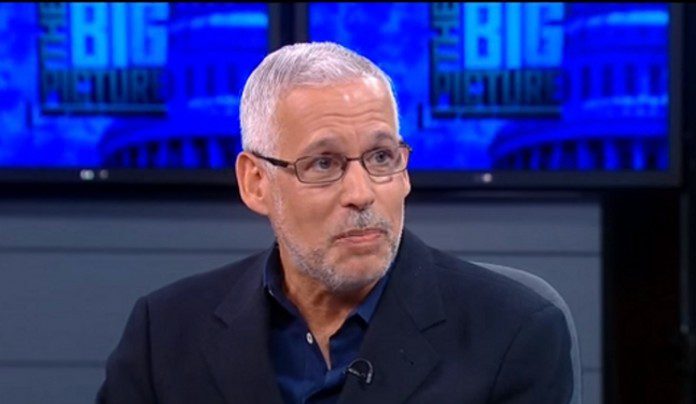On December 14, 2014, US President Barack Obama and Cuban President Raul Castro announced that diplomatic relations between Cuba and the United States would be restored after five decades. The result of the announcement has increased US tourism to Cuba and environmental agreements have been signed to protect and study marine life.
But despite all these small changes, the Cuban embargo still remains intact. The embargo on Cuba was imposed by the US government to limit the amount of travel and trade to the island. Then again, all it takes for the embargo to be lifted is an act of Congress.
Just recently, President Barack Obama has called on Congress to lift the trade embargo against Cuba. The US president said in a statement: “Congress can support a better life for the Cuban people by lifting an embargo that is a legacy of a failed policy.” To understand why some want the embargo retained while others want it lifted, here’s a look at the pros and cons:
List of Pros of the Cuban Embargo
1. Cuba hasn’t met the conditions of the US government on lifting the trade ban.
In 1996, the US passed an act stating what the Cuban government needs to do in order for the embargo to be lifted. Some of these conditions include granting pardon to political prisoners, allowing labor unions and legalizing political activities. Cuba hasn’t satisfied any of these conditions and because of this, others feel it is futile to even discuss the lifting of the embargo.
2. Cuba responds with aggression whenever restrictions of the trade ban are attempted.
Over the years, there have been three attempts made to ease the restrictions of the trade ban by the US government. And each time this is done, the Cuban government reacted with aggression. In 1977, then US President Jimmy Carter opened an embassy on Cuba. Cuba then sent 125,000 immigrants to the US but it caused problems because the people sent were believed to have mental illness or criminal records. In short, they were not wanted by Castro.
3. Cuba will be the only one to benefit from the embargo.
There is little to no private business in Cuba. As such, only the country would be able to enjoy financial gains when the embargo is lifted. In other words, the joys won’t be shared with the rest of the population.
List of Cons of the Cuban Embargo
1. Not everyone is in agreement over it.
In October 2015, the United Nations rejected the US embargo of Cuba. A resolution was introduced by Cuba demanding the embargo to be ended. In addition, the resolution called for UN members to not interfere in the internal affairs of other countries and the freedom of international trade and navigation. Although the resolution is not enforceable, “the yearly exercise has become a symbolic ritual framing the embargo as illegitimate and demonstrating Washington’s isolation on the issue,” Elise Labott and Richard Roth writes in CNN.
2. Experts believe it is not effective.
The main reason behind the embargo was to break the communist government of Cuba. Despite the passing of 50 years since the embargo, none of the two authoritarian heads of state was taken out of power. The trade ban was also imposed to promote capitalism in Cuba but the country has not welcomed it.
3. The embargo didn’t result in significant changes.
Cuba has been lifted off the list of threats to national security but certain expectations weren’t achieved. This is why some people believe that lifting the embargo would be pointless.
Crystal Lombardo is a contributing editor for Vision Launch. Crystal is a seasoned writer and researcher with over 10 years of experience. She has been an editor of three popular blogs that each have had over 500,000 monthly readers.


















